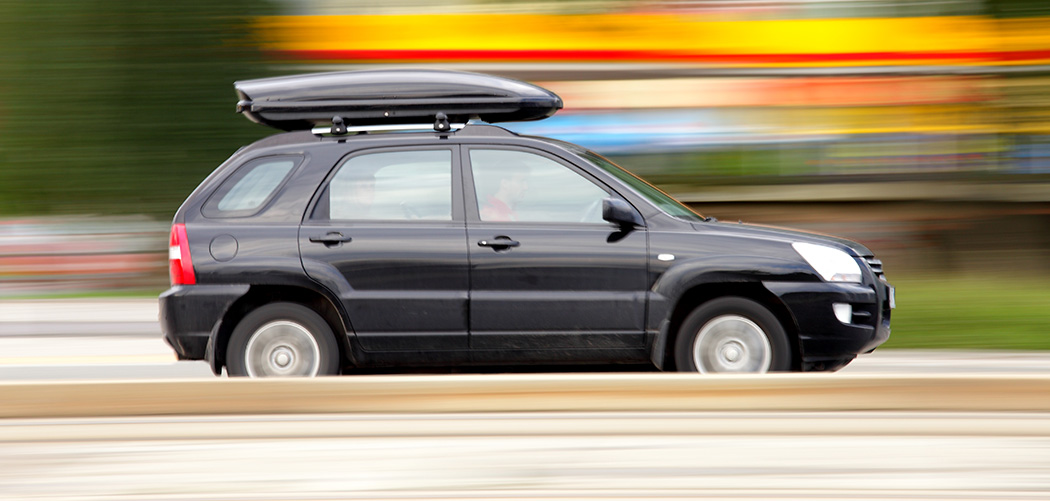Spend more time out on the water.
Roof rack strap noise.
If you re only going a short way this may not be an issue but for longer distances you will want to minimize this noise.
The secret to reducing the noise from roof straps lies in the proper strapping technique.
Set the item on the car roof.
A flimsily placed bike roof rack can meet your car and rub against it as your drive creating noise.
Instead of a cumbersome trailer you get a kayak car rack that is easy to load and unload as well as ensuring safe and secure transportation of your kayak.
Place the item you wish to carry squarely on top of your car s roof making sure it is centered both front to back and side to side.
Before you begin traveling pull the crossbars of your roof rack left to right to see if it s loose.
Most people get their kayak or clamshell storage unit secured and then in their eagerness to get on the road leave the job incomplete.
If the surface the wind passes over has a consistent shape the disturbance becomes tonal and at certain frequencies very annoying.
Under the right conditions this strum can generate enough energy to actually melt and part a strap.
A wind fairing s goal is to reduce the wind noises which are brought about by the roof rack you have placed in your vehicle.
You can also add weather stripping where the car and rack touch to reduce the friction and sound.
Yakima is the world s leading brand of car racks including roof racks bike racks hitch racks and many more for all of life s adventures.
Although wind fairings do not eliminate the noise 100 percent it does minimize it significantly to prevent you from being distracted while you are driving.
This helps eliminate strap strum the rhythmic vibration of the strap in the wind.
The wind noise we hear from some roof racks is known as aeolian no ise and is produced by wind when it passes over or through objects.
Part 1 of 1.
This also helps cut down on noise.

